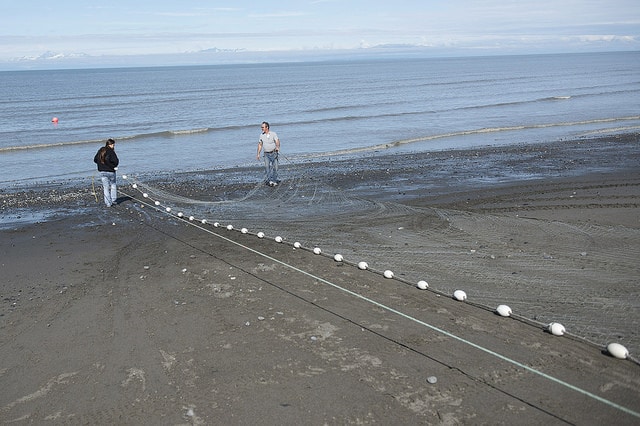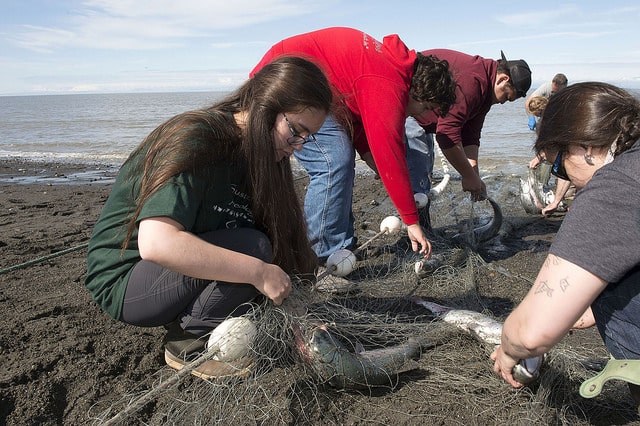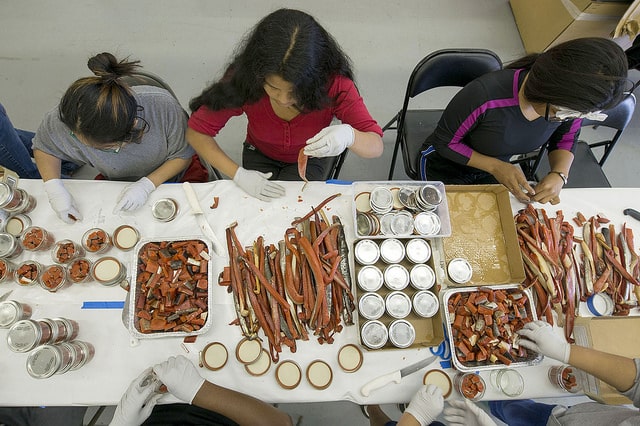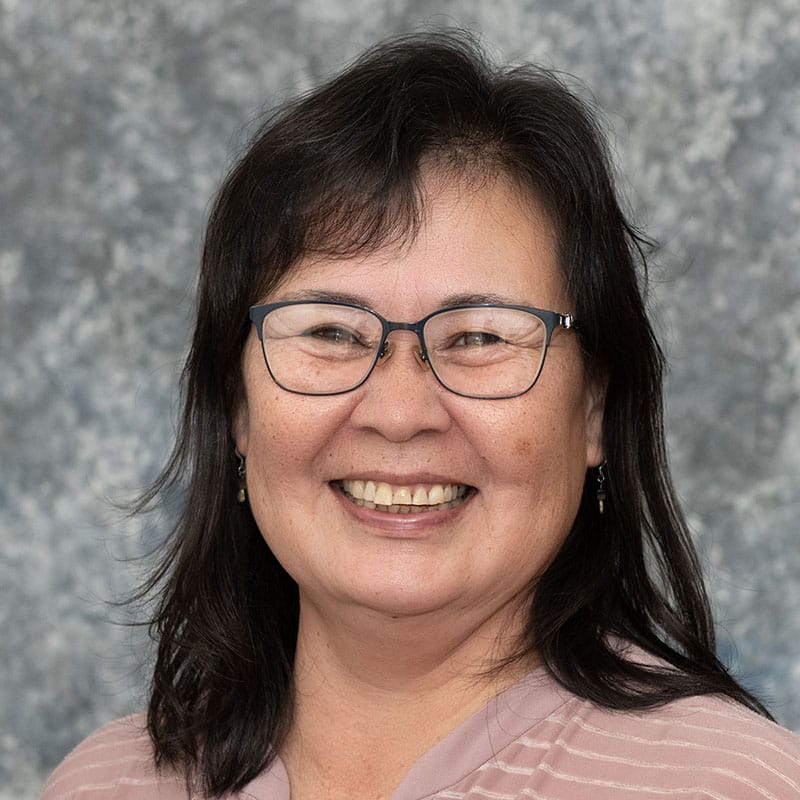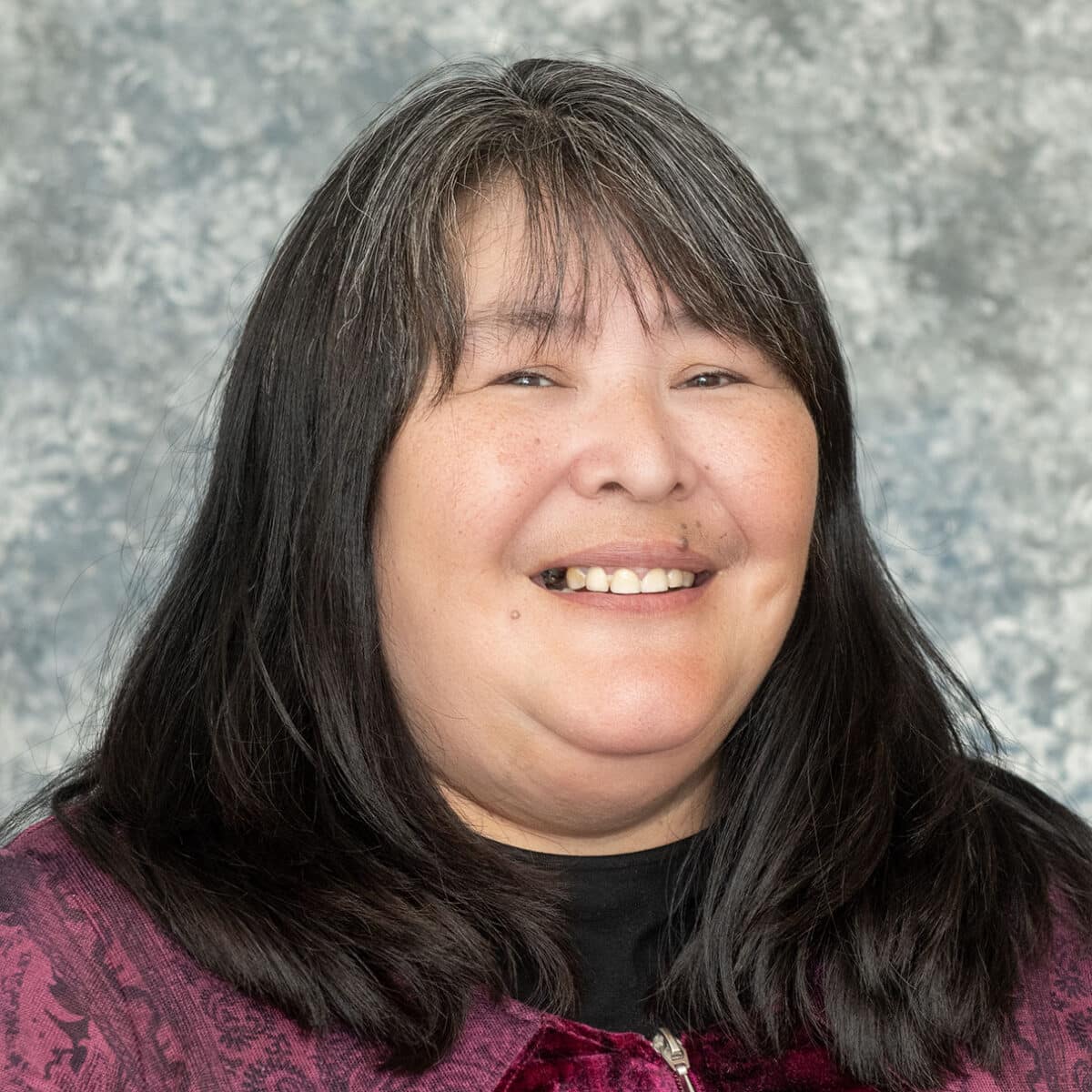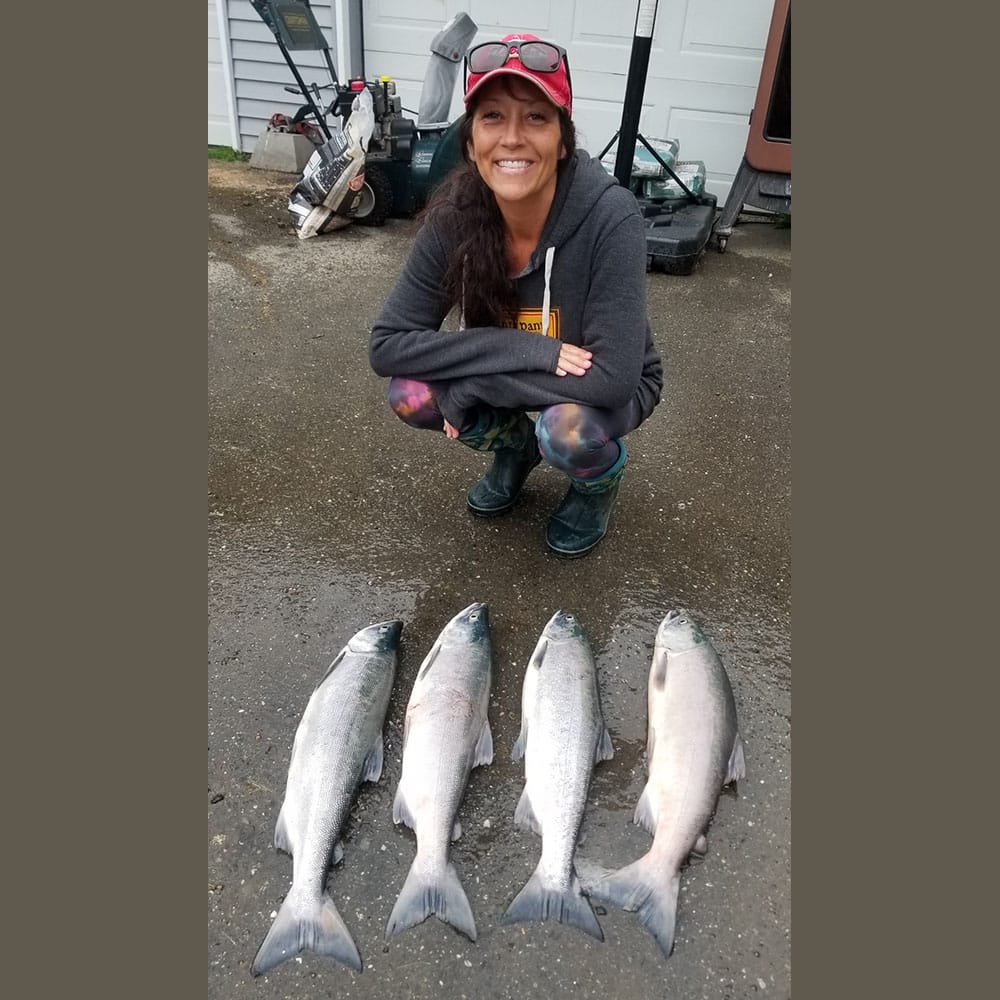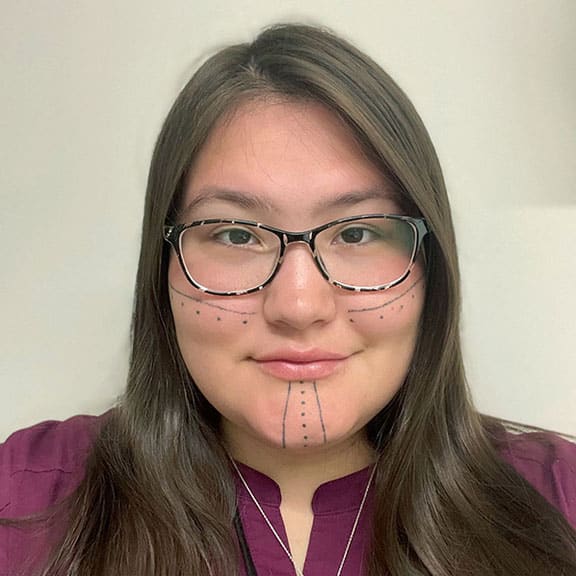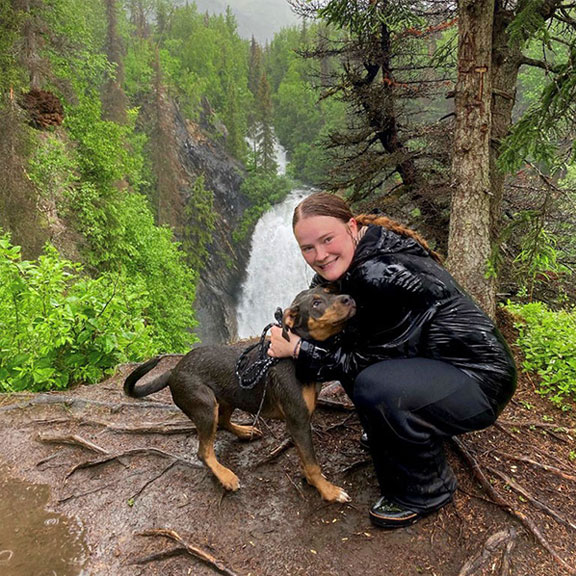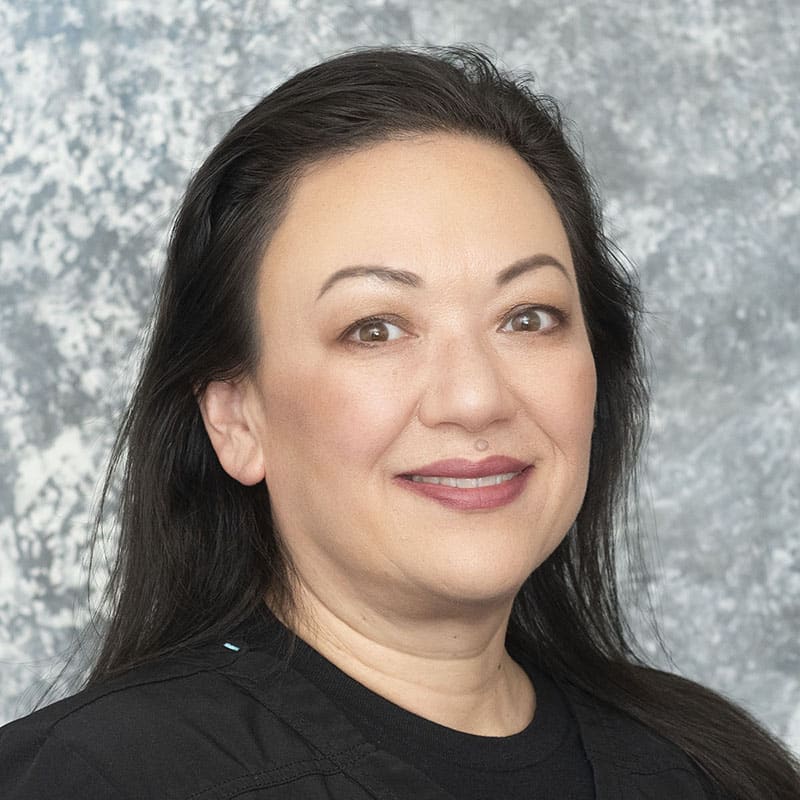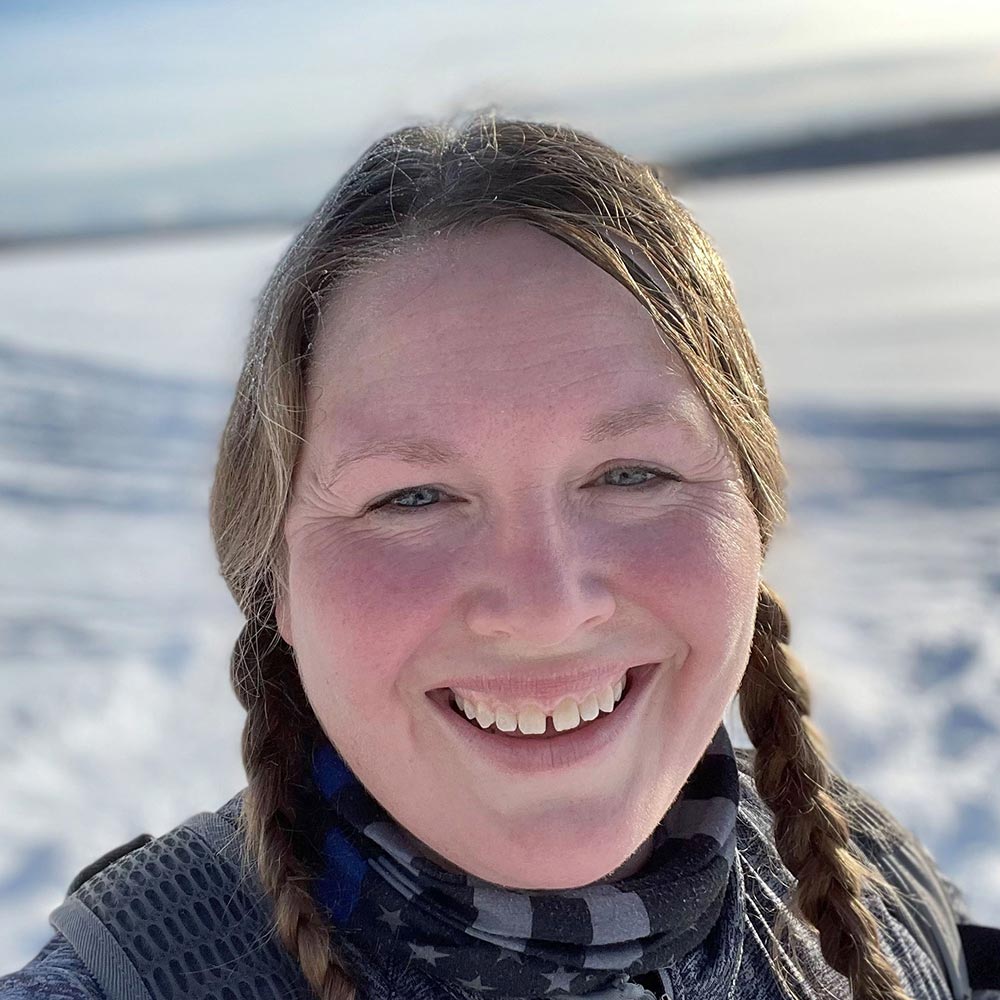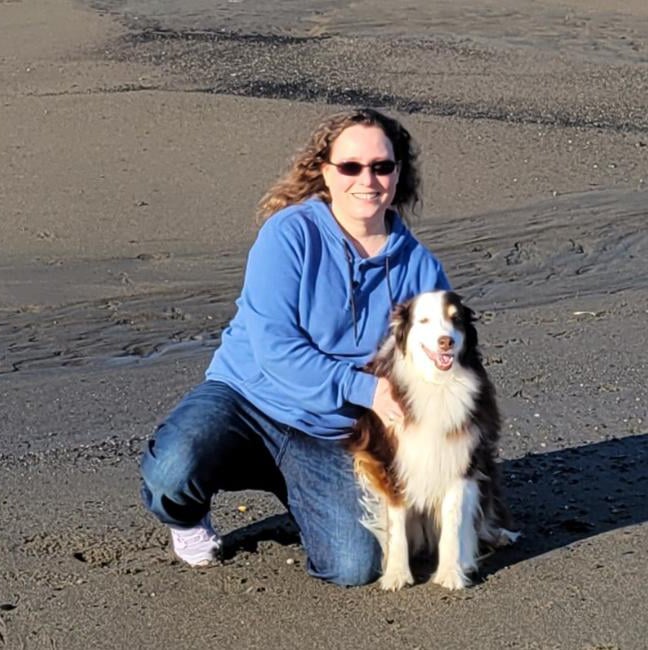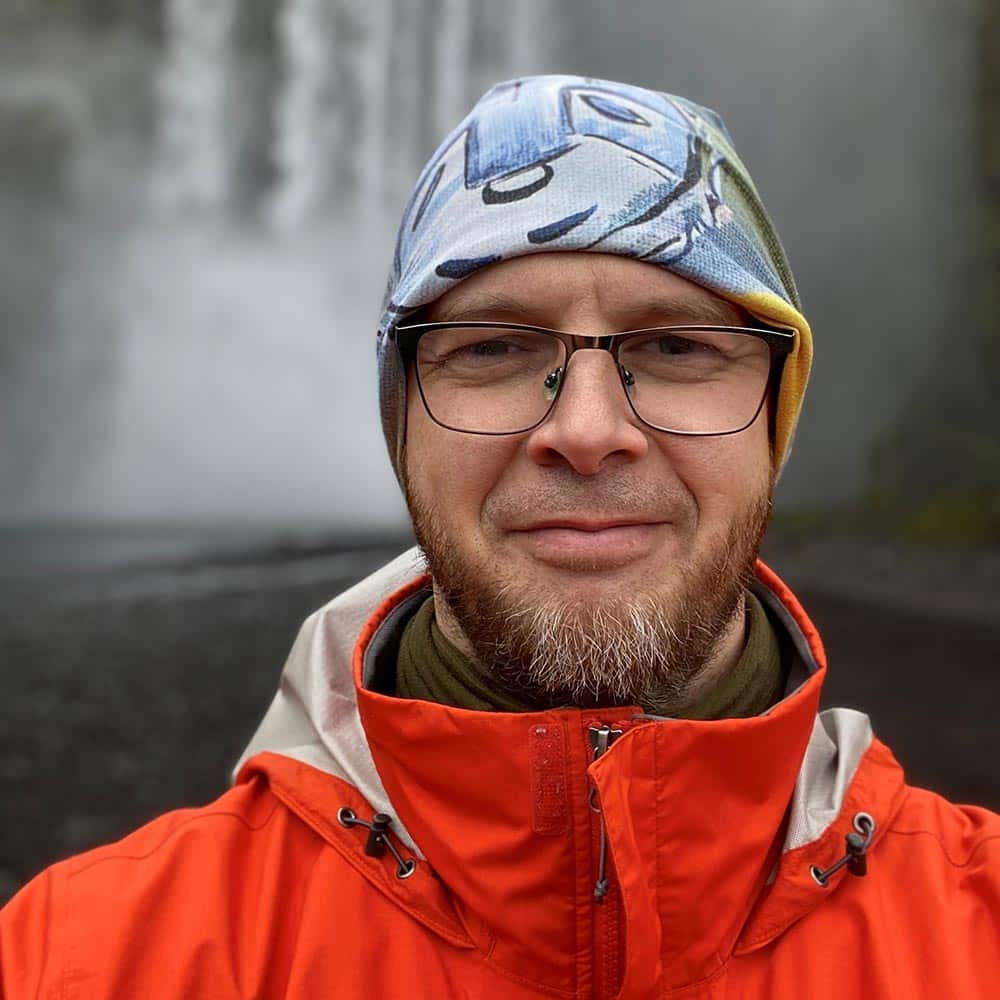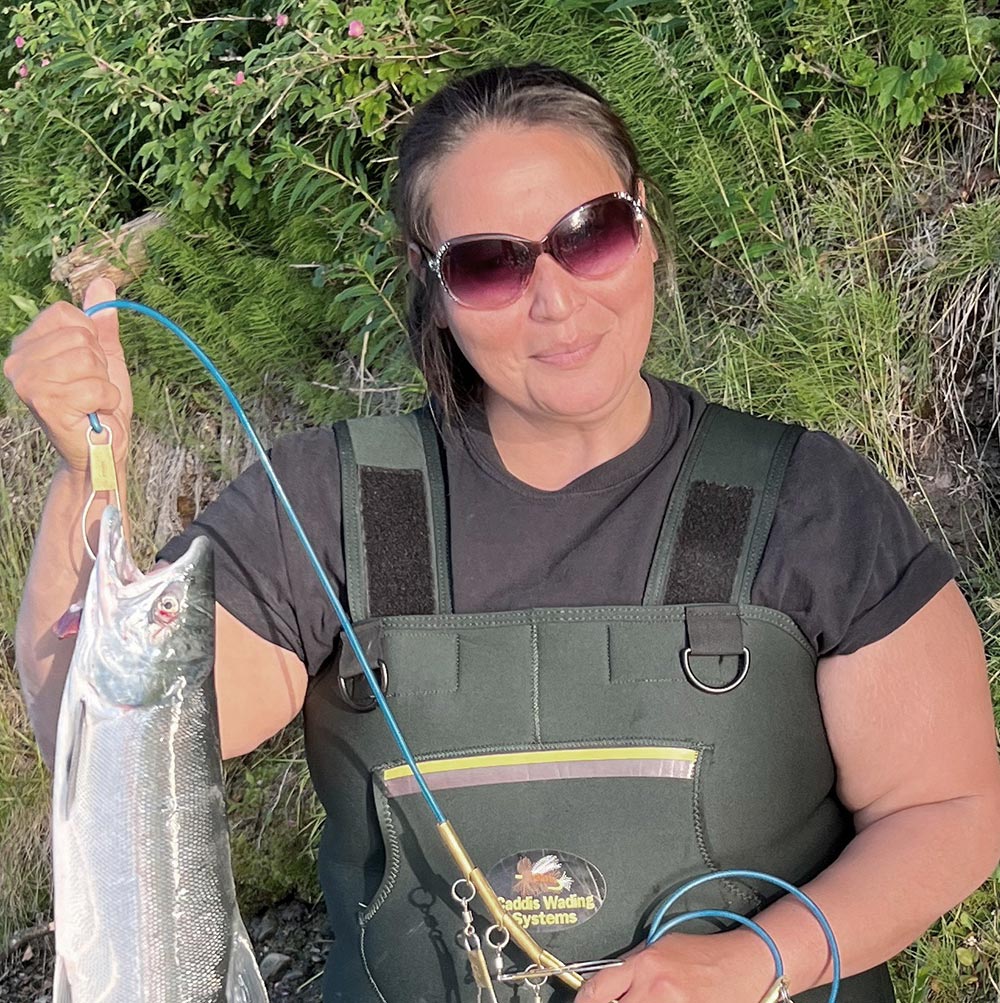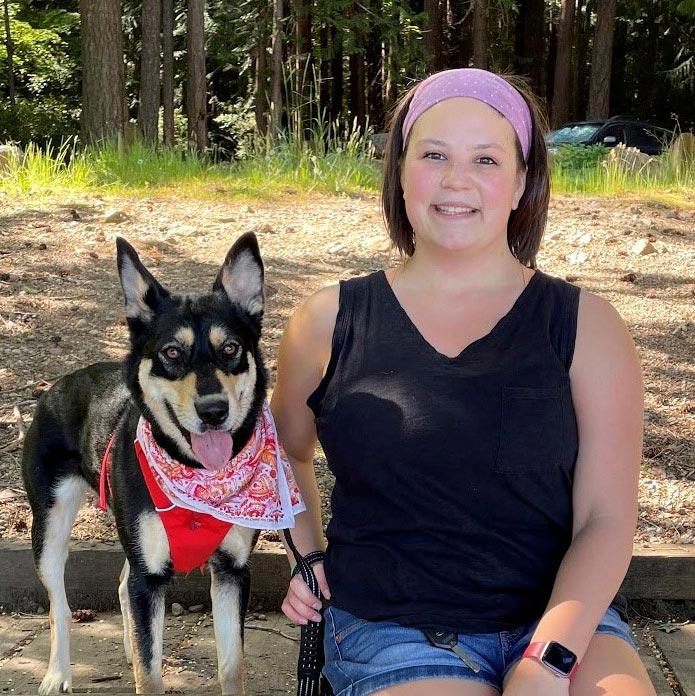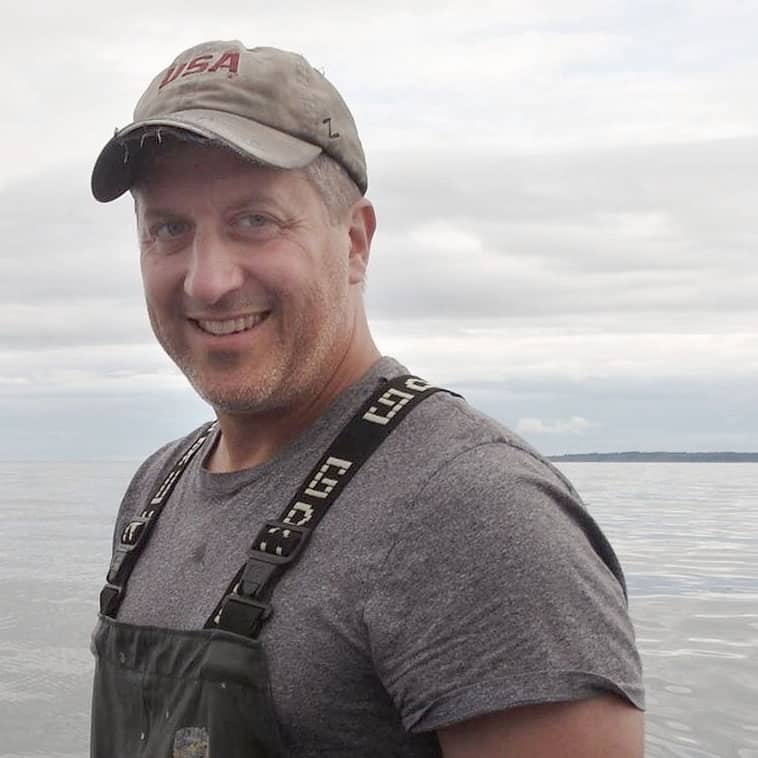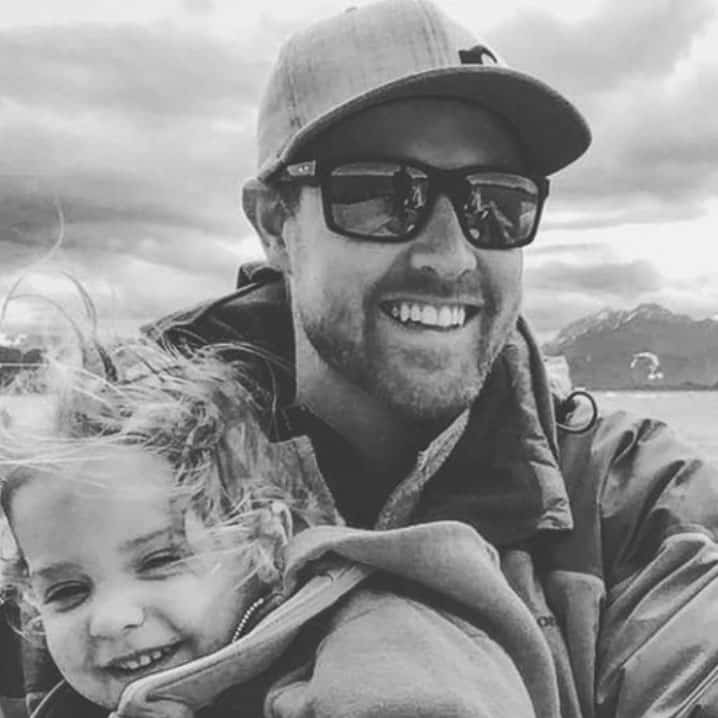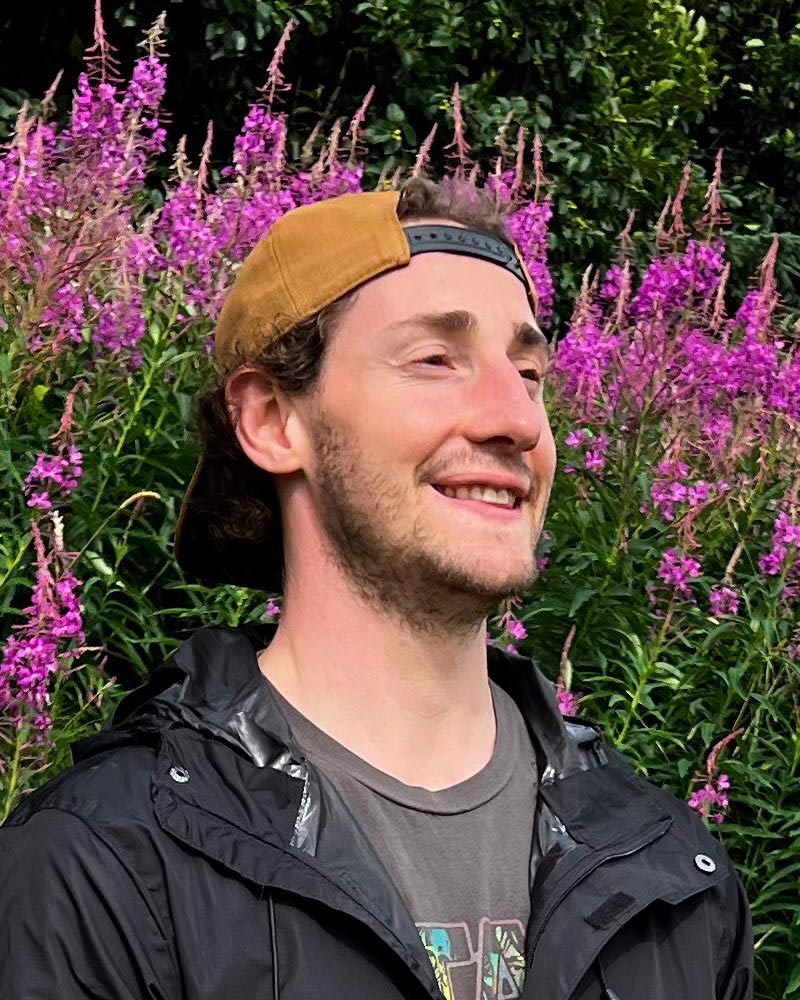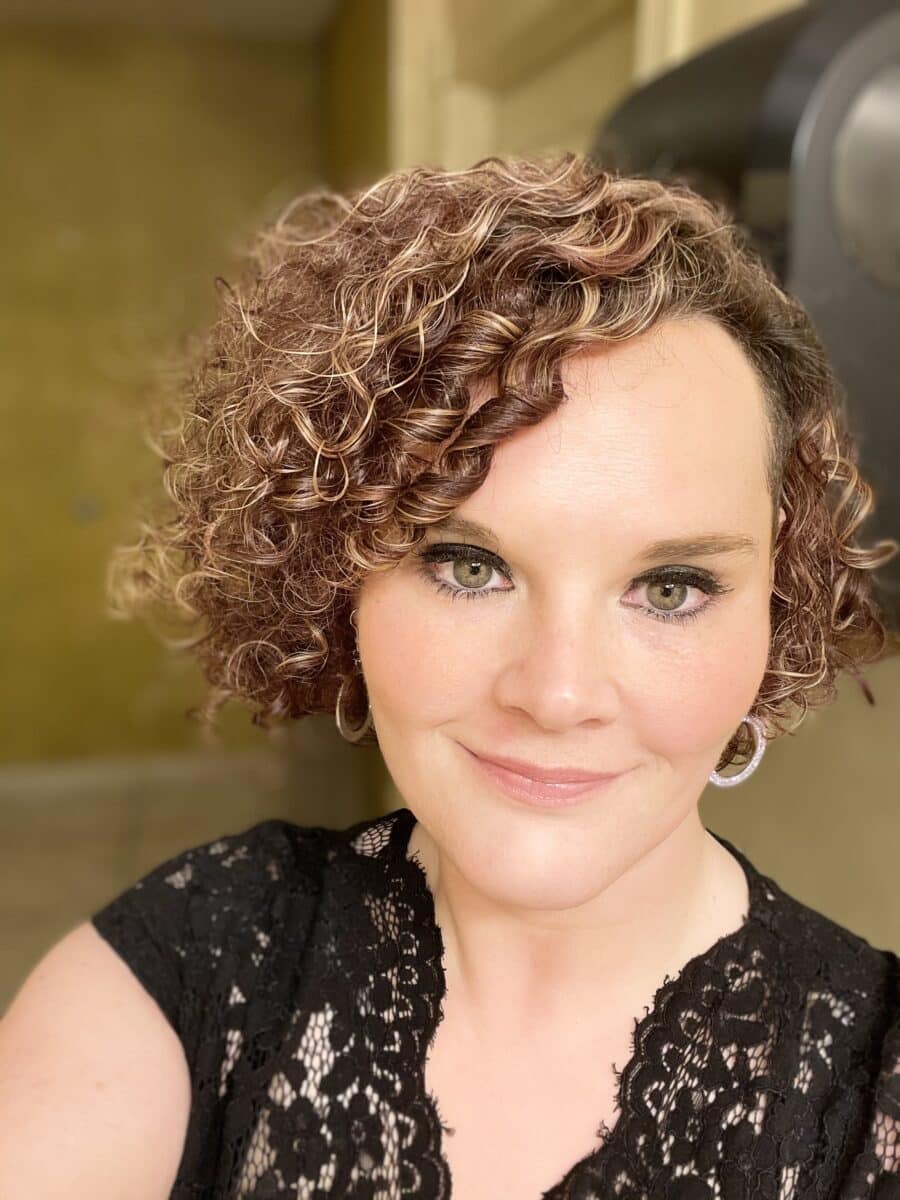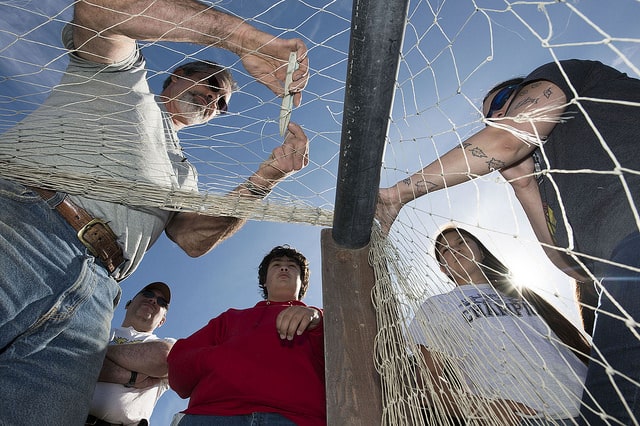
George Showalter teaches participants in a fish camp how to mend the tribe’s net during a day spent at the tribal fishery.
With his sleeves rolled up, Joshua Grosvold clasped the carcass and scraped a spoon across the edge of its spine.
Dabs of meat, still cool from the saltwater a few hundred feet away, began rolling off the toothpick-thin bones.
“You can definitely tell how good someone is at cleaning fish by how much meat is on the backbone,” said Grosvold, 14. “If there’s not a lot of meat left, you can tell they are good.”
In July 2015, the Yaghanen Youth Program hosted a pair of Fish Camps – first a junior session then a senior session – in partnership with Cook Inlet Tribal Council of Anchorage. Grosvold was among more than 30 children who attended, learning the traditional practices of early Dena’ina people in a culturally rich environment.
Both sessions spanned five days and were based at Spirit Lake in Kenai. Each day, campers participated in a range of activities that gave them a glimpse into the way of life for the Dena’ina people, who have inhabited the Kenai Peninsula for thousands of years.
Campers visited the tribal fishery on the beach along Cannery Road in Kenai, where they mended, pulled and picked the net before cleaning sockeye salmon and preparing them to be smoked and canned.
With tribal fishery coordinator George Showalter leading the way, senior campers set the net twice, pulling in more than 50 fish.
Campers then worked together to clean and filet the fish.
That’s when Grosvold, participating in his third Fish Camp, learned to scrape meat off the fish’s backbone to maximize use of the catch. The approach represented the traditional Dena’ina value of stewardship — respectful use of the land, resources and all creations.
“This is so peaceful,” Grosvold said.
Stewardship is one of the many values Yaghanen youth advocate and camp instructor Ashley Knicely has learned through the Yaghanen program.
Knicely attended Yaghanen camps as a youngster and believes it’s important to share the knowledge she gained with the current generation of children, including her own.
And there’s no better way to learn, she added, than to receive hands-on experience.
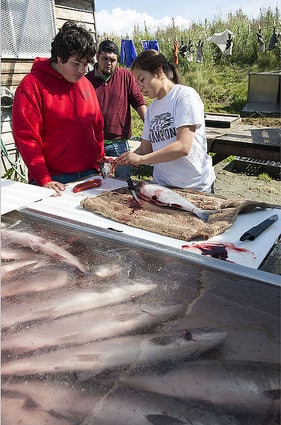
Joshua Grosvold, Jonny Wilson and Julianne Wilson process salmon at the tribe’s educational fishery site.
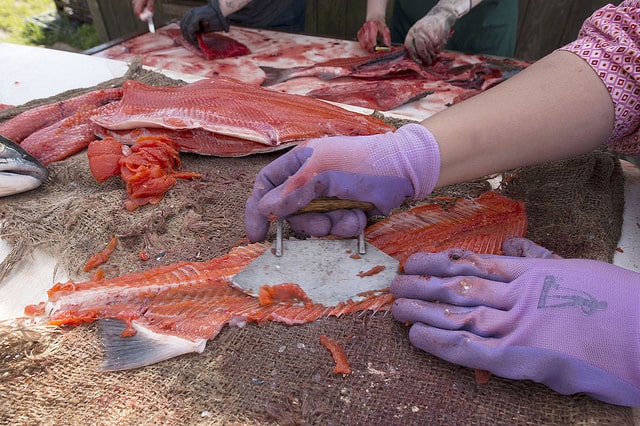
Estelle Thomson, a traditional healer at the Dena’ina Wellness Center, shows senior fish campers how to harvest all of the meat from bones removed from a red salmon.
“It’s part of tribal life, passing these skills onto kids,” Knicely said. “The way we teach is by showing, not telling.”
Campers also made a trip to the Russian River, where they learned about wildlife, vegetation and more.
As part of the junior session, open to children in sixth through eighth grades, Tyler Gagat of the United States Forest Service led participants on a hike along the water’s edge, teaching them about plants, bank restoration and fish protection.
During the hike, campers spotted Dall sheep on a steep hillside near the river. They also received tips on co-existing with bears, a lesson not lost on the group after it stumbled upon a still-moist, pile of scat in the middle of the trail.
“That’s probably a pretty big bear,” Gagat said, peering down as campers huddled around the heap.
After the Russian River excursion, the group toured the tribe’s K’Beq’ Heritage Site.
Tucked under a canopy of trees along the upper reaches of the Kenai River near Cooper Landing, K’Beq’ includes boardwalks and informational displays showcasing life of the early Dena’ina.
Following the tour, campers had a chance to reflect on their time at camp.
Kaelyn Pungowiyi-Cleveland, 14, said she most enjoyed canoeing across Spirit Lake
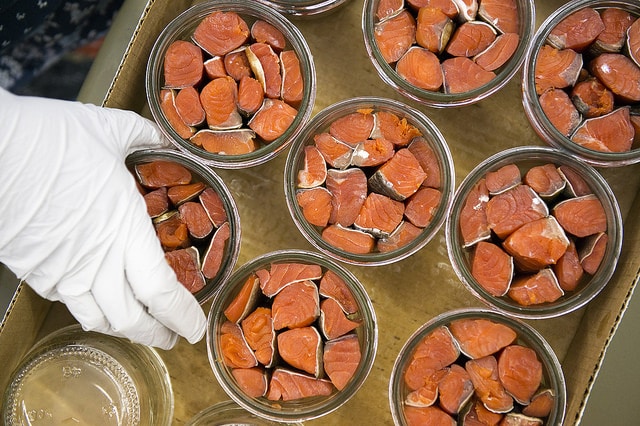
Smoked red salmon sit in jars prepared by participants in a fish camp. Kids participating in one of the two week-long camps learned about the importance of salmon to Kenaitze Dena’ina as they followed fish from the watershed to the dinner table.
“I barely had gone canoeing before, and I don’t really remember it because it was so long ago,” she said. “This is what I will remember for the rest of my life.”
This was the second consecutive year Yaghanen partnered with Cook Inlet Tribal Council on Fish Camp, which also saw campers smoke and can salmon, sleep in cabins at Spirit Lake and share laughs around the fire.
Yaghanen coordinator Michael Bernard said the focus of Fish Camp, which dates back to the 1990s, has never changed.
“Giving the kids a chance to get into the woods, disconnect from technology and learn in an environment that’s culturally based is our top priority,” Bernard said. “And we want to pass on culture and also have fun.”

